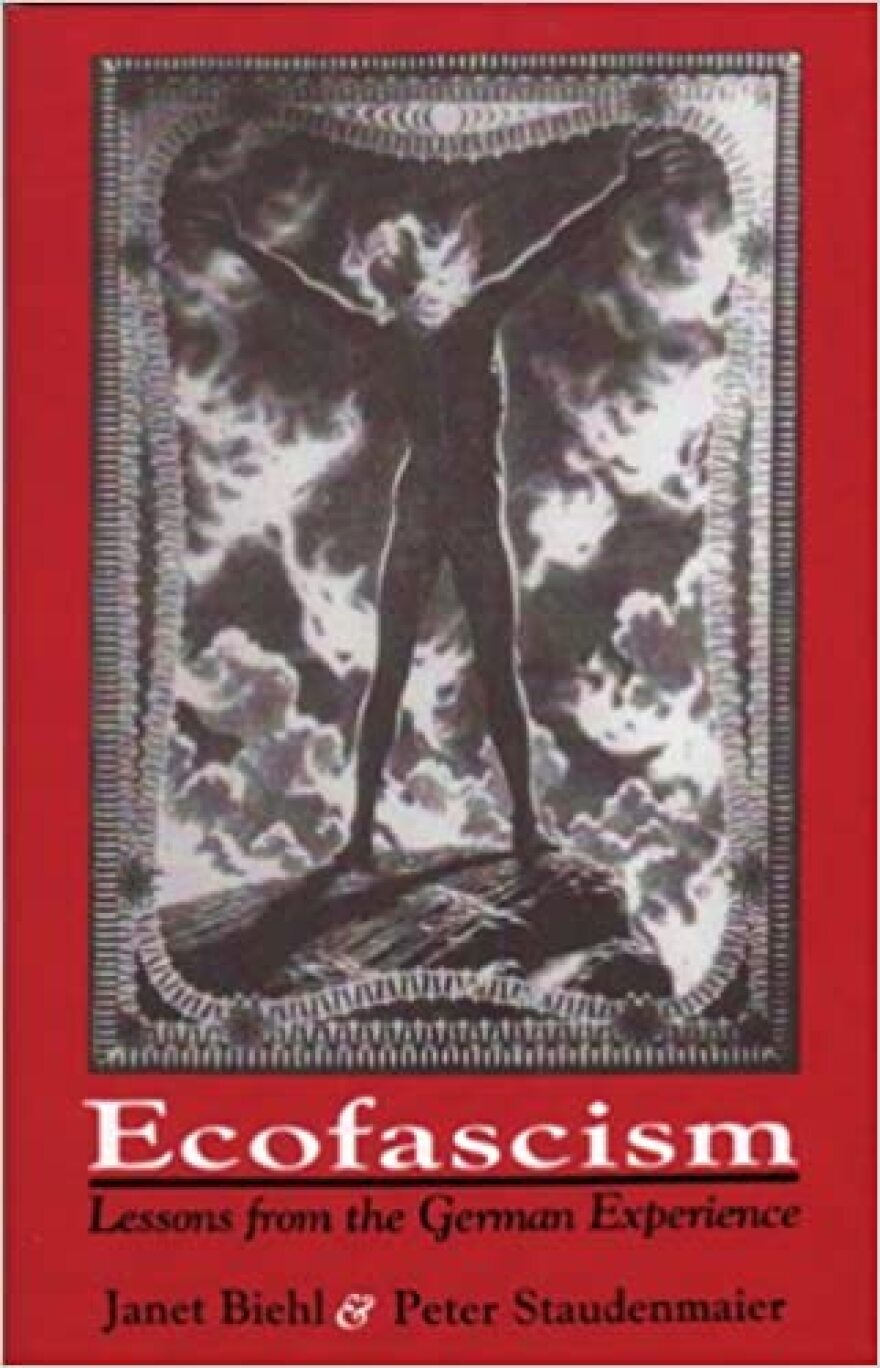In America, environmentalism is often seen as a left-wing partisan issue. But in other parts of the world, and at different points in history, environmentalists have also had right-wing motivations too.
Amid the global coronavirus pandemic, groups from the World Economic Forum to Newsweek have pointed out dramatic improvements to air and water quality from industry slowing down. Some environmentalists have said the economy should remain closed to give the planet a “chance to heal.”
But already-marginalized communities are the people most affected by our global economic shutdown: minorities, indigenous people, rural communities, and the working class.
This has led some to question the existing environmental movement’s apparently-progressive principles. What are the ideological underpinnings of environmentalism if it’s not people-centric?
In March, Australian author Ketan Joshi wrote a viral blog post that called this form of coronavirus environmentalism “lazy ecofascism.” Dozens of outlets reported on the phenomenon of ecofascism. Last month, Google Trends showed that searches for the term tripled since last August, when the El Paso shooter described himself as an “ecofascist.”

The term has been in use for decades, but it wasn’t until Peter Staudenmaier and Janet Biehl published the book Ecofascism: Lessons from the German Experience that the concept has been invoked by activists. The book reveals Nazi Germany’s little-known history of environmental protection, held up by ideologies of racial supremacy.
“While protecting flora, fauna, water, and soil, the Nazis also exterminated millions of human beings,” wrote Staudenmaier, who is now a historian at Marquette University.
While not all Nazis were onboard with environmentalism, some of the most influential officials used environmental ideals to justify the invasion of neighboring countries. Agriculture Minister Richard Walther Darré felt that the earth should be saved as a blood right for generations of racially pure Germans.
“He believed that Germany [should] take over more territory because they were the ones who were best adapted to caring for the soil, making it fruitful, and creating a greener Europe,” said Staudenmaier. “That would feed the people who deserved to be fed ... at the same time, excluding everybody else: Jews, Poles, Slavs, etc.”
Staudnemaier is careful not to conflate all environmentalism with ecofascism. Before becoming a historian, he was an active environmental activist himself. The danger, for Staudenmaier, is when modern environmentalists unwittingly begin to justify their efforts in a way that’s ideologically akin to 20th-century fascists.

“A lot of environmentalists in the United States and Europe have been tempted to blame all of humankind for the very real environmental destruction that some human societies and institutions inflict on the natural world,” said Staudenmaier.
The famous environmentalist and BBC presenter David Attenborough blamed COVID-19 on people being too “tightly packed” with nature in an interview with the Sunday Mirror.
For Staudenmaier, that ignores the fact that developed societies — a small percentage of the world’s population — disproportionately damage the environment. He believes blaming all of humanity “scapegoats people who don’t currently have much social power.”
The belief that less-privileged people suffer most from others’ environmental negligence is called “environmental justice.” Staudenmaier says that social analysis must exist at the core of any effective policy that seeks to help the planet, lest it slips into a new form of ecofascism.
In April, one of America’s most prominent environmental groups, Extinction Rebellion, split over environmental justice concerns. One group claiming affiliation to the leaderless movement was described as ecofascist for dismissing the concerns of marginalized communities.
“I think it's most appropriate to use ecofascism to refer to people who are both ecologically-minded ... and who are simultaneously affiliated with the far-right,” said Staudenmaier.





